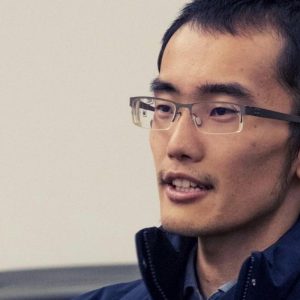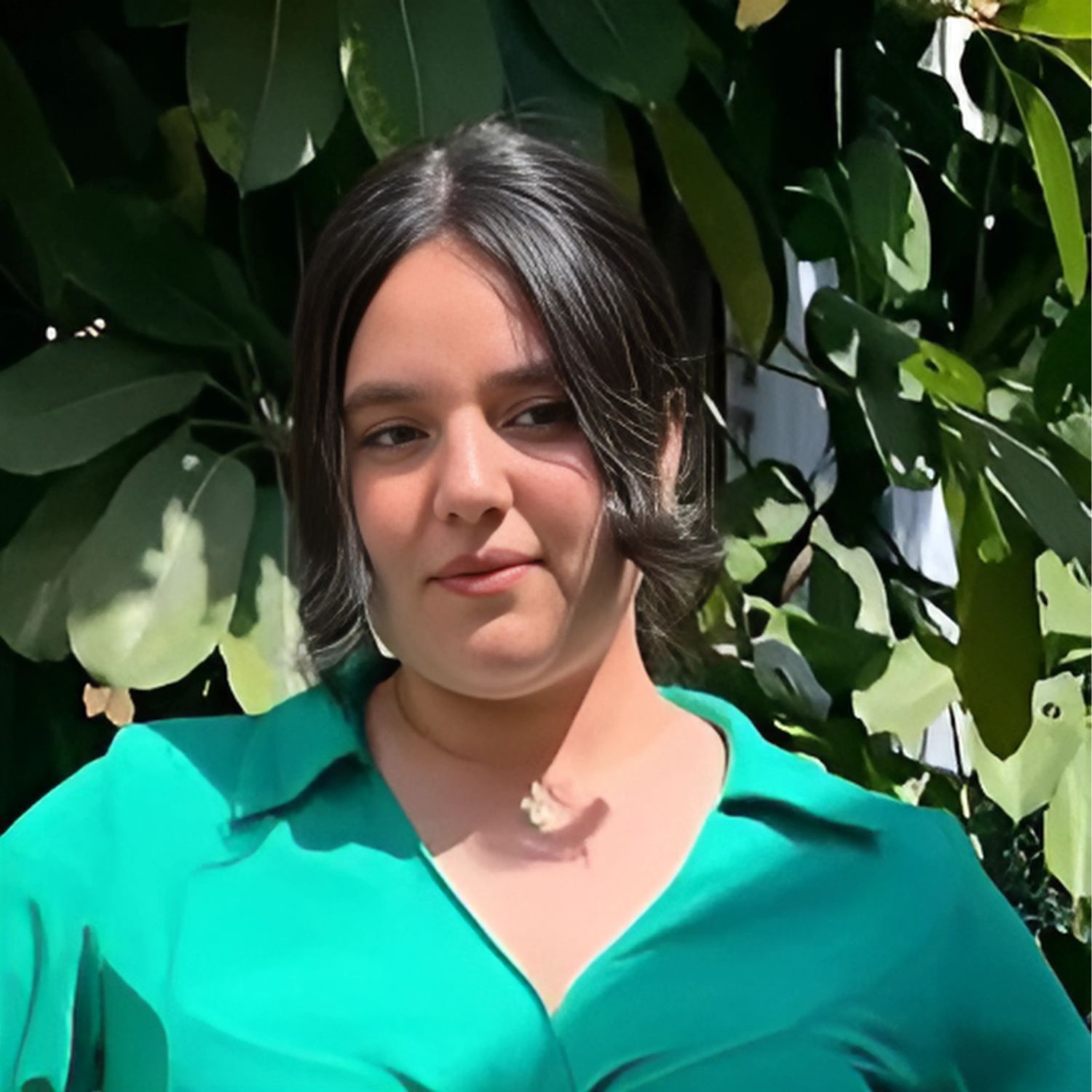
Simon MA ’21: I Have Always Been Attracted to a Reclusive Life
A student reflection from the global pandemic.
I have always been attracted to a reclusive life. In the Buddhist tradition, that is usually how one can get enlightened, through solitude. Shelter-in-place gives me an opportunity to practice that due to my minimized obligations to interact with others. The experience however has shifted my idea of reclusion from an isolated physical place to a mind that is free from afflictions and does not seek.
In the beginning of this experiment, I stayed away from any sort of entertainment and vigorously meditated and exercised, with reduced food and sleep. Most importantly, I tried my best to keep my mind always in the present. It was not long before I made progress, being either physical/mental ease or deepened understanding of sutras. Little did I know, I actually got attached to those “progresses” and used them as motivation. As the excitement faded away, I realized that those insights were not true insights, for they still resulted from the mind’s conceptualization and grasping. I knew that to continue on the right path I had to let go of every form of attachment.
The realization of truly letting go made me hesitate. What is the point of cultivation? I am not attaining anything. The only transformation that happens is the one where I abandon my afflictions – i.e., greed, anger and delusion. Good states or lofty goals are supportive but once attached to them, they only become bondage. What about the Buddhist vow to cross over all living beings? This seems to be the most heroic thing anyone should strive for. But if one is not free from afflictions or even the attachment to cross over living beings, how can one bring liberation to others? How can one bring liberation to others as long as one still clings to the concept of self and others?
The Sixth Patriarch’s teachings then occurred to me, “the ‘living beings’ within your own mind are the deluded thoughts, deceitful and untrue thoughts, unwholesome thoughts, jealous thoughts, malicious thoughts—all mental states like these, are ‘living beings.’ Each must be liberated from within your own nature. This is true liberation.” Indeed, it would be foolish to deny the living beings that one does vividly perceive as external, even though ultimately, when the mind is not deluded at all, the concepts of self and others no longer apply. Nevertheless while it is okay to be driven by compassion for “others” or even romantic heroism of saving the “world,” the true work has to be accomplished from within, where greed, anger, delusion, and all other thus derived afflictions become the living beings one has to liberate from one’s own mind.
The longing for transcending the worldly is just as unsustainable as being attached to the worldly, for they are both dualistic notions. A longing mind feeds on dualism, hindering true liberation. A longing mind does not support patience, only through which perseverance can thrive. The real loftiness lies in the ordinary. When one manages to liberate one’s own living beings of afflictions, one can respond fully upon the compassion towards others through simply not reinforcing the afflictions of others, and ultimately, be free from the concept of others for one does not identify others as afflicted living beings any more.
I believe a true hermit cultivates by guarding the mind against any thought of greed, anger or delusion. It is the most ordinary, for it is independent of external stimulus. It is most lofty, for it is a continuous effort of limitless patience. Enlightenment is not to be attained. It will be there when the worldly is put to an end. Why long for reclusion? Why long for transcending the worldly? In stillness, I try to stop my afflicted mind. In movement, I try to keep my mind still. Sheltering in place, I try not to seek. Seeking nothing, I try to cultivate in accordance with conditions.


